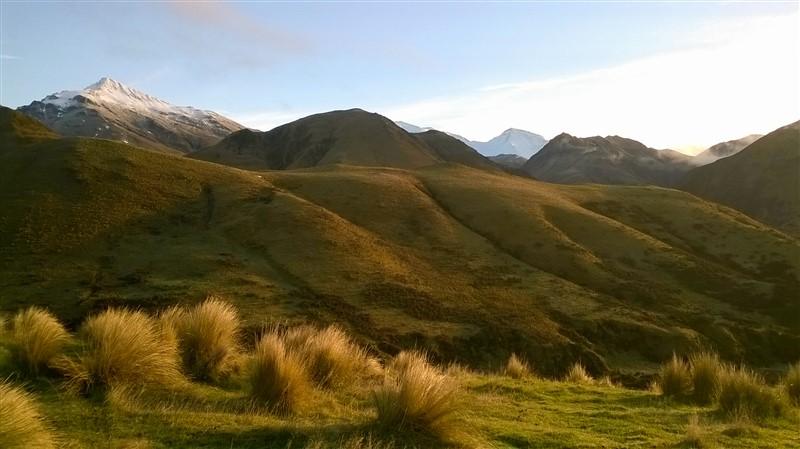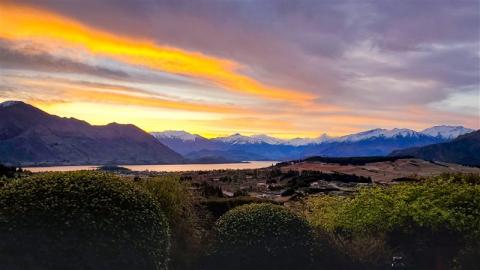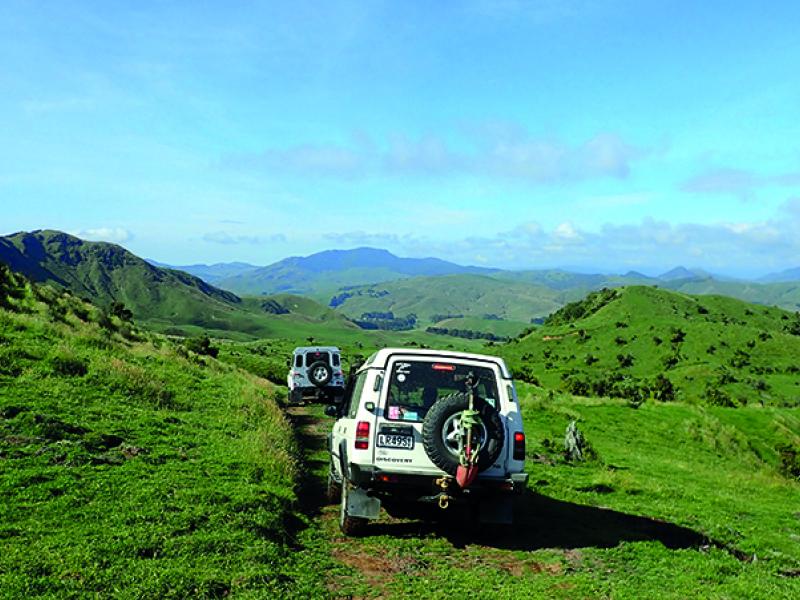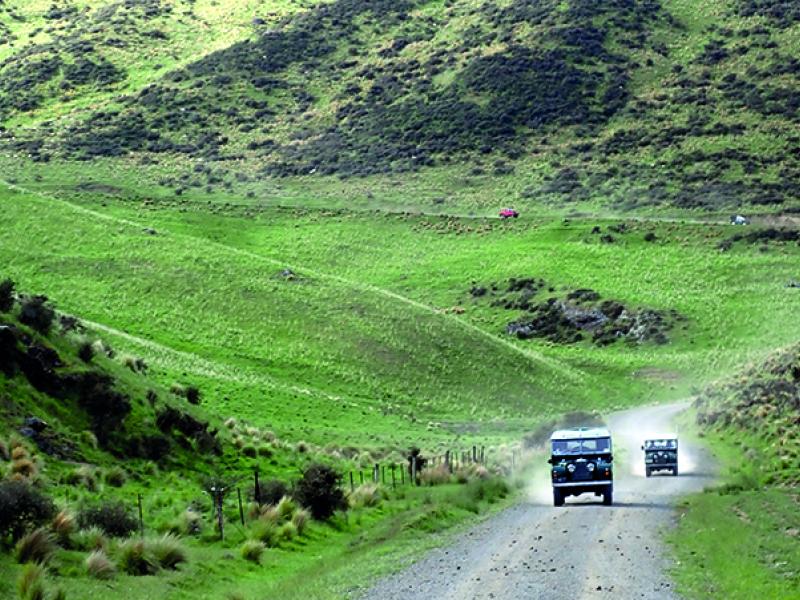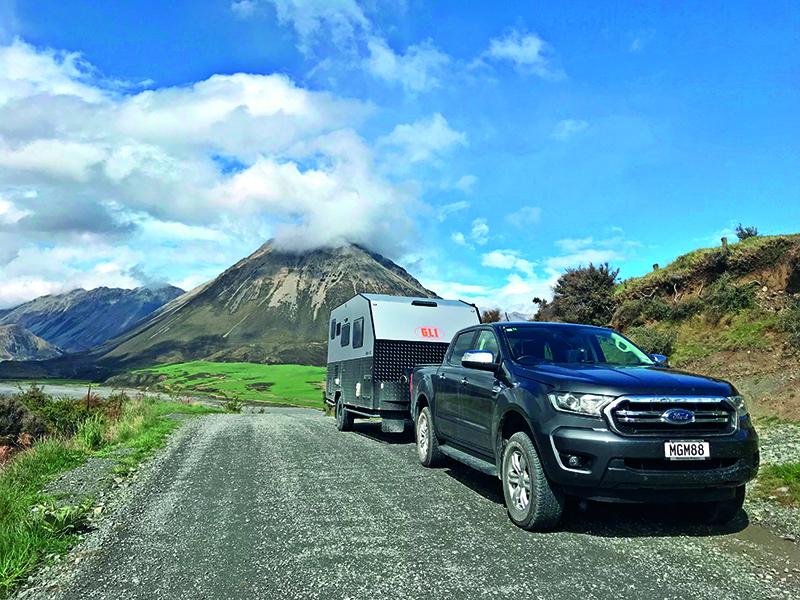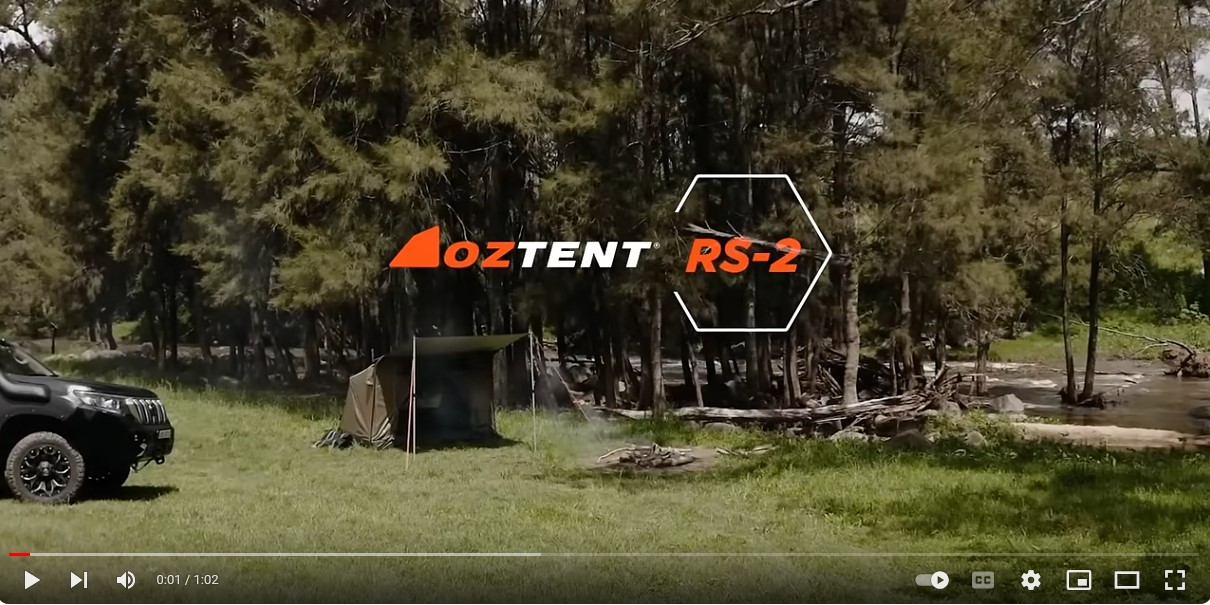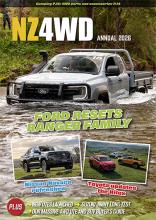Looking back to look forward 2022 here we come
We all have favourite places in New Zealand. That annoyingly persistent Covid thing has given a lot of us time to think about the special places we have been and enjoyed – and will visit again. Contributor Kevin Isemonger gets around New Zealand quite a bit for his work. These are a few of his favourite places.
Out west
The West Coast of the South Island has one of the highest rainfalls in the world. That means heavy rain is not the drama it is reported to be. We stocked up in Hokitika with ‘refreshments’ and nibbles for tonight, bought some lunch and hit the road south in a rented Toyota Fortuner.
First stop was Lake Mahinapua. We pushed our way in through rain-soaked low hanging ferns in a living tunnel of ancient, bearded Podocarps out to the lake. That sticky mist you get on the coast just appears to sit – motionless – over the lake, as it has always done. The black-green shadow of the lower bush line behind the grey wispy mist rises to black granite faces before disappearing as the sheer rock face continues.
The weather didn’t improve. We had no idea that Westport was now under water as we pushed south through the mist and torrential rain. Shiny road repairs turn out to be deep surface flooding from drains – now streams – gouged out of ancient glacial moraines and changed river courses that make up the substrate of the West Coast. The steering wheel twitched as the front of the SUV ploughs through the deep water. Wipers struggled to push the rain aside. Large boulders partly blocked the state highway.
We spent the night at Fox with a great meal at ‘Betsey Jane’ a restaurant named after a dog owned by Charlie Douglas, who spent more than 40 years surveying the passes and routes of the West Coast. There’s a great photo on the wall of Charlie and Richard ‘King Dick’ Seddon sitting by the side of the road.
Saturday was a slow start. Because of the extra travelling time to the coast, I had not actually started work, so we still had to check some tourist cell spots in the area, including the Fox and Bruce Bay cell sites, then get down to Okuru, south of Haast, and back to Haast for the night.
Sunday – to complicate the situation, I was only able to take the car from Christchurch on the condition that it was returned to Christchurch for a client pick up on Monday morning. Arthurs Pass was still being hammered and was closed. Our only choice was to head over the Haast Pass and hope the Lindis was not snowed-in. Current road conditions suggested it was about to be closed due to ice.
The weather gods had shouted ‘enough’ and the skies cleared and we had a nice eight-hour drive north with a (freezing) stop for lunch at the High Country Salmon Farm.
The east coast
A few years ago, a trip down the east coast was a shocker. At Ashburton it rained – hard. At Timaru the next day – the roads and gutters were flooded and up on the higher areas towards the back of Timaru we had hail. Away off to the west – the wind had blown the cloak off the mountains.
Oamaru the day after it rained. Again.
After work, I had a look around the Limestone Historic Quarter and came across the ‘SteamPunk Museum’, which is really more of a SteamPunk Art Centre’. Some interesting minds must be behind the blinds of houses and workshops here.
The next site was in Queenstown. There are three ways to get there. The standard way is to go up the Pigroot – Palmerston to Kyeburn via ‘Dead Horse Pinch’. Good roads – unlikely to be impacted by the dirty weather (306km).
The next option is to go up the Waitaki through Duntroon and Kurow to Omarama then over the Lindis to Tarras – could be closed due to ice (286km).
Then there is the interesting way – over Danseys Pass – definitely marginal in winter weather. The snow gates were open on the way up – which is a good start. It was blowing hard up in the saddle, but there were no snow drifts – so ‘Danseys’ first light tomorrow it is!
Next morning the storm had cleared and what a stunning drive I had. If the opportunity is ever available, stay the night at the Danseys Pass Hotel at Kyeburn Diggings. Hooning down the rough loose metal road – and suddenly there’s a sealed patch and this beautiful schist stone hotel smack bang in the middle of the road.
The rooms have heated towel rails made from copper pipe with hot water from the wet-back fire pumped through them. There are old brass pull-chain toilets with wooden seats. Great food and a cosy atmosphere. We used it as a base a few years previously to explore the area with our kids and it’s a great front door to the Maniototo.
I made it to Queenstown in stunning weather.
‘Around here we just call it Central’
Maniototo – the plain of blood. So many stories of trips through this area. I find it hard to explain why I am drawn back to this area, time and time again. There is always an immense feeling of belonging whenever I come here and stand in awe of its stark sunburnt landscape. This is ‘Big Sky’ country. The terrain could be described as scorched earth due to the extreme weather and billions of rabbits eating anything green that has the audacity to poke its nose above ground level. The Maniototo boasts the coldest and hottest temperatures regularly recorded for New Zealand. Being in the centre of the widest part of the South Island with huge mountain ranges forming a barrier from the Tasman Sea to the west, and a series of ranges running north-south (Dunstan, Raggedy, Rough and Rock & Pillar) and a barrier to the north (Hawkdun/Kakanui) the heat or the cold settles on the plain from summer to winter.
A cold dark start in thick fog at Waipiata where the hotel has a ‘pie and a pint’ on Tuesdays. The High-Site was on the Kokonga ridge high above the old Orangapai (TB) Sanatorium and Hamilton Diggings at the northern end of the Rock and Pillar Range. We worked our way up through the dim light and freezing fog to literally pop out on a typical ‘Central’ flat-top ridge with a jaw-dropping view. We took a moment to stand and admire the majesty of the area – the clarity of the air – with Mount Aspiring shining as a white cone reflecting the morning sun 160km away to the west over Rouge Ridge and the Dunstan Ranges. Utter silence, sharing it with a few hundred merino sheep who had come up the tussock face out of the fog,
The top of Blackstone Hill that afternoon above the Ida Valley and back in time to catch a sun set from Hamilton’s Cemetery over the Maniototo – and tomorrow we were working on the Old Woman Range high above the Nevis – in sleety rain.
Deep south
The plain of Southland is like a wedge driven into the Southern Ocean to chisel up the worst Antarctica can throw north. The trees have a distinct lean to the north with bare trunks to the south and ragged branches. This exposed region so far south in autumn delivers the best sunsets of anywhere in the country.
I finished up a project and hit the roads west of Invercargill on a mission to capture another quintessential southern sun set just one more time.
A bit of prep poring over a map the night before in the Speights Ale House on Dee Street suggested a nice swampy area of the Waimatuku Stream as a likely candidate. I wanted water, reeds and a sharp sunset.
Hooning down McGaw Road, with the sun about to touch the ridge of Longwood Range behind Riverton.
Down the straight loose gravel road, a slight rise where the locals dump their junk, over the mound, sharp left, big puddle. In 4WDing, you must commit to the drive. Foot hard into it – big splash – engine revving – out the other side and stop as the mud and reeds rain down on the bonnet.
Make sure every traction aid is switched on or switched off, depending on what they are (supposed) to be for – into reverse, floor it, and back I go boom – bash up on high ground again. Heart still racing.
End of story: I got my photo.


